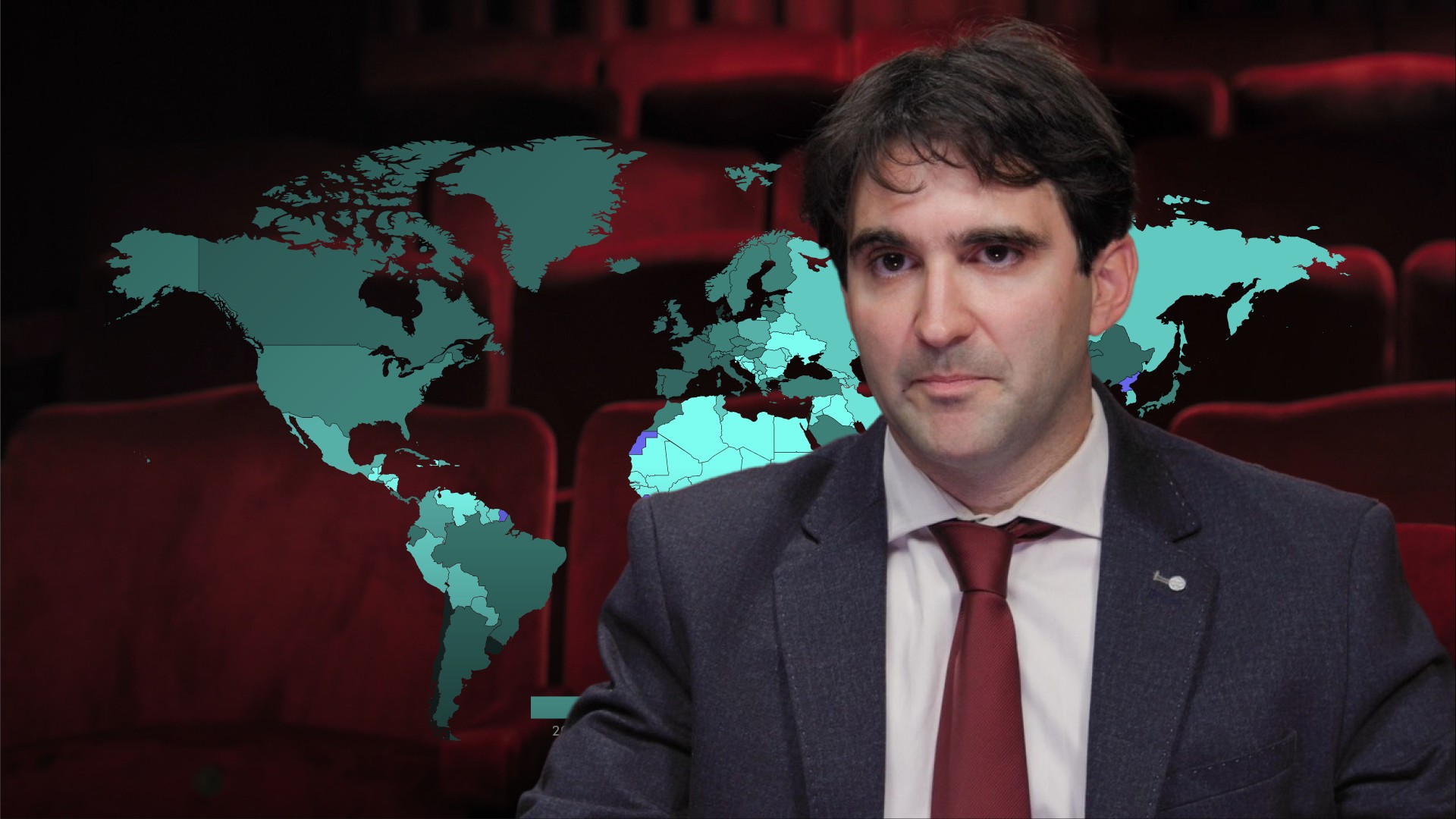
UK Economic Outlook Summer 2021

Cyrille Lenoel
15 years: Macroeconomist
In this video, Cyrille provides an overview of the UK economic outlook, focusing on two issues: inflation and the labour market. He outlines what is currently driving up inflation, and what options the Bank of England has to keep inflation under control.
In this video, Cyrille provides an overview of the UK economic outlook, focusing on two issues: inflation and the labour market. He outlines what is currently driving up inflation, and what options the Bank of England has to keep inflation under control.
Subscribe to watch
Access this and all of the content on our platform by signing up for a 7-day free trial.

UK Economic Outlook Summer 2021
12 mins 7 secs
Key learning objectives:
The current state of the UK’s economic recovery
The rising inflation and its effect on the recovery
Actions that Bank of England can take to prevent inflation
Mismatch between jobs needed to boost recovery efforts and availability of workers with required skill set
Overview:
In this video Cyrille will provide an overview of the UK economic outlook, focusing on two issues: inflation and the labour market. He explains what is currently driving up inflation, and what options the Bank of England has to keep inflation under control. On the labour market, Cyrille explains why there are labour shortages in some sectors at the same time as nearly 2 millions of workers are still in furlough.
Subscribe to watch
Access this and all of the content on our platform by signing up for a 7-day free trial.
Have there been signs of recovery?
While the UK economy is yet to return to its pre-COVID levels, it has certainly shown signs of recovery and is doing so at a good pace. Some sectors are indeed doing better than others, with output expected to reach pre-COVID levels in the first quarter of 2022. The forecast for GDP growth in 2022 has been increased from 4.5% to 5.3% in August 2021.
Is there a threat to recovery due to rising cases?
Despite the increasing cases in the summer and autumn, owing to the delta variant, the UK economic recovery is not expected to be impacted by it severely. This is in light of the fact that as of August 11th, over 75% of adults in the UK have had both vaccine doses.
What was the impact of COVID-19 on inflation?
- The biggest challenge in the UK’s recovery remains rising inflation levels. With the continual increase in these levels, the Bank of England may opt to end the QE program and tighten monetary policy
- The COVID-19 shocks had initially resulted in a massive fall in Consumer Price Inflation (CPI) levels to 0.8% from 1.8% in 2019. The near deflationary levels were prevented only due to an extraordinary fiscal stimulus programme and an injection of liquidity by the Bank of England
What are the factors causing rising inflation?
- One of the main causes for the rising inflation has been the shortage in intermediate inputs as the fear of running out has caused every party to over-order at epic proportions
- The continual increase of VAT rate back to its original levels and plan to increase it up to 20% in April 2022 is another contributing factor
- The rise in pay growth is another factor contributing to it as businesses already have been dealing with higher production costs, now need to increase output prices
What actions can be taken by the Bank of England to limit inflation?
- Due to the better than expected recovery, the MPC had sent a signal that monetary tightening could indeed start earlier than expected and could start unwinding QE as Bank rates hit 0.5% rather than 1.5%
- Whilst unwinding QE is a powerful tool to curb inflation worries, it could potentially have side effects owing to the uncertainty around its efficacy
- If it happens to be that QE is symmetrical then the whole of the QE programme amounting to about 50 percent of GDP would increase the 10-year Gilt rate by as much as 220 basis points: from 0.5 to 2.7 per cent
What has been the impact on the Labour market?
The labour market has been very resilient and throughout winter 2020/21 unemployment stayed below 5%. The furlough scheme certainly helped keeping this low but increasing reports of labour shortages in certain industries highlights the obstacles in recovery.
The number of economically active people declined by 450,000 in 2020 and this was also due to Brexit and a large number of Eu citizens leaving the country. Industries such as healthcare, transport, construction have labour shortage whilst some like food, accomodation have excess.
Is there a skill mismatch in the labour market?
While there are a lot of people on furlough, a significant proportion of them may not have the skills required in the post-pandemic economy. Businesses that are facing shortages find it difficult to attract people with the right skills because the businesses that are growing are not necessarily the same businesses that made large use of furlough. Also increasing digitisation has changed skills required in the labour market).
Subscribe to watch
Access this and all of the content on our platform by signing up for a 7-day free trial.

Cyrille Lenoel
There are no available Videos from "Cyrille Lenoel"



























